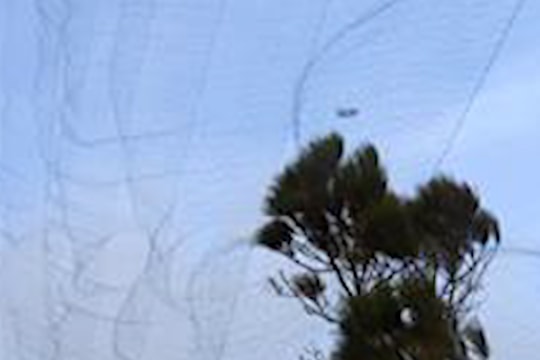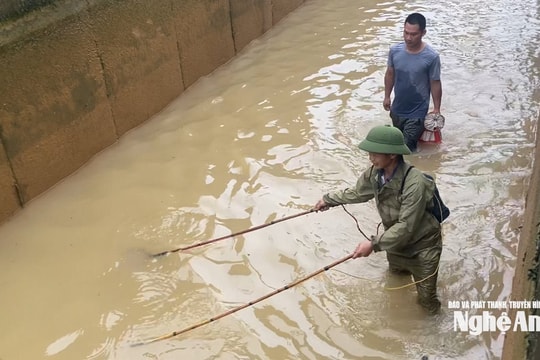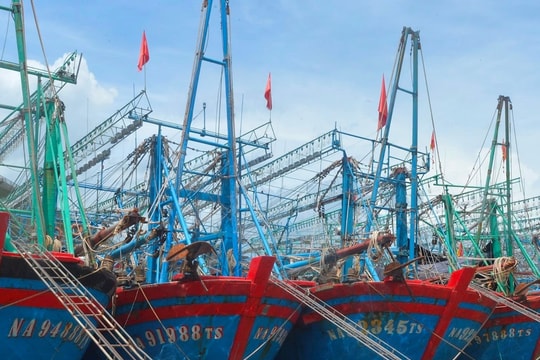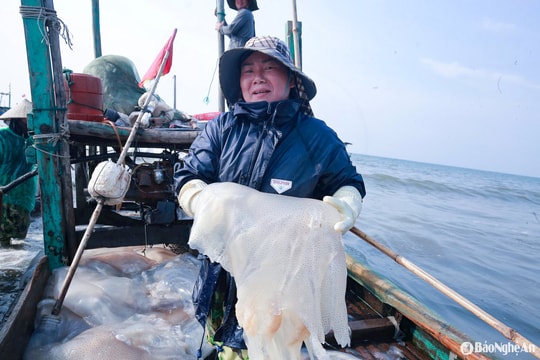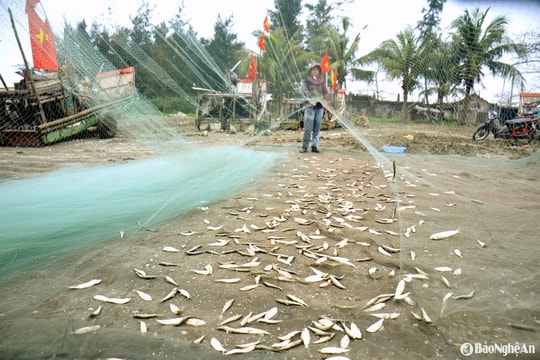South Korea sends troops to crack down on Chinese fishing boats
South Korea announced that it would mobilize troops to coordinate with the United Nations Command (UNC) to crack down on Chinese fishing vessels illegally fishing.
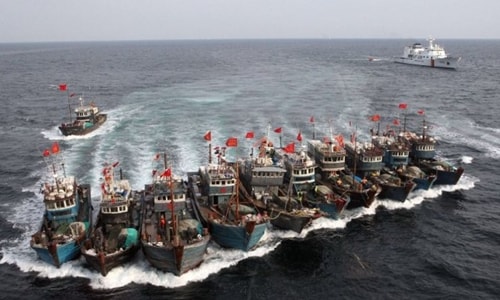 |
Chinese fishing boats line up to resist being chased by the South Korean coast guard. Photo: AFP. |
South Korean and UNC troops were deployed in the military buffer zone,established after the Korean War 1950 - 1953,near where the Han River flows into the sea, according toYonhapSeoul has established 24 military police teams, equipped with four high-speed boats to deal with the increasing number of Chinese fishing boats coming to fish illegally.
In the military buffer zone at sea, no foreign ships are allowed to operate without the approval of both North and South Korea. South and North Korea are allowed to mobilize a maximum of four patrol boats and 24 military personnel equipped with pistols and rifles to patrol the buffer zone.
South Korean patrol boats cracking down on illegal fishing vessels will carry interpreters and UNC personnel and fly the UNC flag. South Korea has also said the patrols will issue warnings and then be authorized to open fire if foreign vessels resist. South Korean warships and helicopters in the vicinity will also provide support in the event of a clash with North Korea. Seoul has notified Pyongyang and Beijing to avoid diplomatic disputes.
According to South Korean officials, previous diplomatic measures have been ineffective, and Chinese fishing boats continue to fish illegally. This has forced South Korea to use tougher measures, in coordination with the UNC. "Chinese fishing boats are depleting marine resources and leading to military conflict between South Korea and North Korea," said an official in Seoul.
UNC issued a statement saying that General Vincent K. Brooks, commander of UNC, accepted South Korea's proposal because it was in accordance with the Korean-North Korean armistice agreement.
A South Korean military official said this was the first time the country had coordinated with the US and UNC militaries to chase away foreign fishing vessels operating illegally. As of 2014, only two or three cases of illegal fishing by Chinese vessels had been recorded. However, last year the number of incidents increased to 120, and in the first five months of this year, there were 520.
According to VNE

